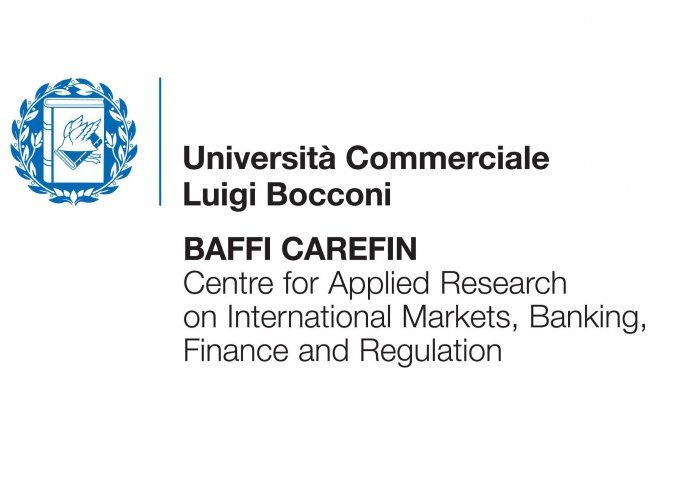

DB Room, 2 floor
BAFFI CAREFIN Centre, Bocconi University
Via Roentgen 1
20136 Milan, Italy


Central Bankers are currently facing big challenges in designing and implementing monetary policy, with the crisis perpetuating itself in several rounds of sudden adjustments around the world. Each of these rounds of tensions comes with international spillovers, through risk premiums, exchange rate fluctuations, asset prices, tensions among financial intermediaries, world trade and global demand. In this environment, central banks increasingly feel the international dimension of national monetary policies, and measures even though warranted from a single country perspective may not be optimal once global repercussions are considered. The problem is accentuated by globally divergent growth and inflation outlooks, which would normally call for different directions in major central banks’ policy. The crisis has also led to a substantial extension in many central banks’ legal or de facto mandates and competencies, with increasing emphasis on safeguarding micro and macrofinancial stability of banks and other financial market segments. Large sovereign bond purchase programmes and central banks’ involvement in crisis countries’ adjustment program design and monitoring have blurred the lines between fiscal and monetary policies. Against this background, the conference will discuss to what extent prevailing central bank governance rules – which were designed decades ago with a completely different economic setting in mind – are still appropriate in the post-crisis world. Are central bank independence, accountability and transparency, and the focus on consumer price stability (as embodied in its purest form in inflation targeting) which were at the heart of the pre-crisis central banking model, still functional and appropriate? Are existing governance mechanisms sufficient in the light of central banks’ increased powers? What adjustments may be called for? To develop these themes the conference will bring together academics, central bankers and market practitioners to discuss new research, practical experiences and insights in the field.
Monetary Policy and Central Banking: What We Learned
Fabio Panetta, Deputy Governor, Bank of Italy and Member of the Supervisory Board, SSM (ECB) presentationTransparency of Monetary Policy in the Post Crisis World
Petra Geraats, Lecturer, Faculty of Economics, University of Cambridge presentationMonetary Policy Committees and Voting Behavior
Sylvester Eijffinger, President Tilburg University Society and Professor of Economics, Tilburg University and CEPR presentationCentral Bank Credibility: Insights from an Historical and Quantitative Exploration
Michael Bordo, Board of Governors Professor of Economics Rutgers University presentationCentral Bank Governance: Evolution, Goals and Crises
Geoffrey Wood, Professor, University of BuckinghamCentral Bank Design and Banking Supervision
Martin Melecki, Lead Economist, World BankFinance and income inequality revisited
Jan-Egbert Sturm , KOF Swiss Economic Institute, ETH ZurichFinance and Income Inequality Revisited
Discussant: Pierre Siklos, Professor, WLU Canada presentationGender and Monetary Policymaking: Trends and Drivers
Donato Masciandaro, Davide Romelli and Paola Profeta, Bocconi University presentation